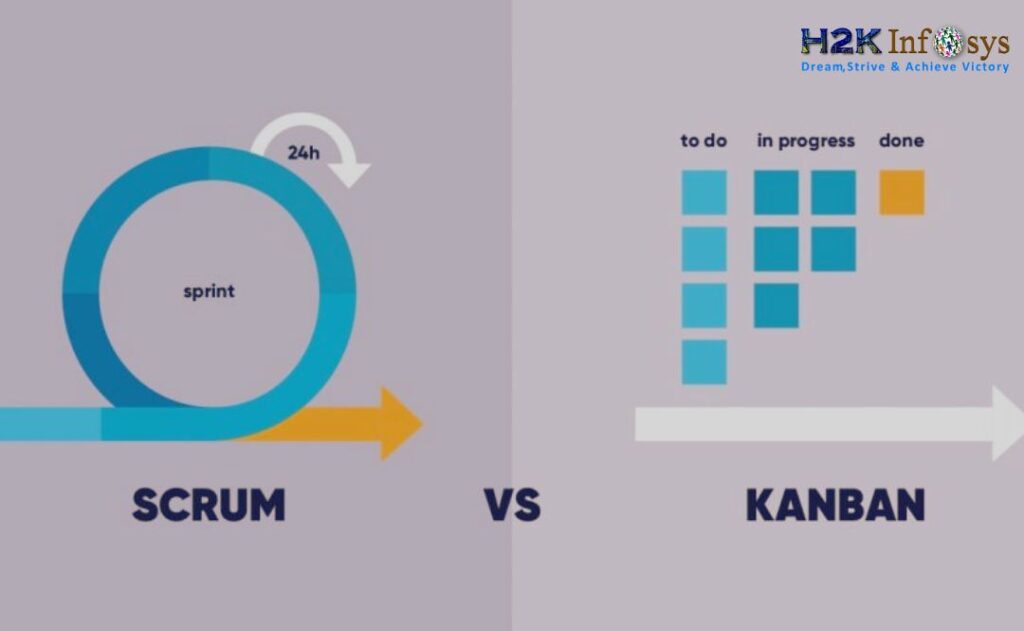One of the most well-known programming Python certification languages in the field of data science is Python, which is well-known for its adaptability and simple syntax. Many people are turning to certificates as a way to confirm their talents and improve their marketability as the demand for Python specialists soars. But are these credentials really the key to a lucrative Python programming or data science career? And are there any alternatives that could be just as valuable, if not more so?
Python certifications and certificates have grown in popularity, and there are many options available at various pricing points. As such, “Do I need a Python certification?” is a popular question asked by novices. along with “What’s the best Python certificate?”
You can get several responses to these queries if you search through the Reddit and Quora forums. A certification, according to some, can help your resume stand out, but practical experience and skill are indisputable advantages. This begs the question, “What is the key if certifications aren’t it?”
Proven abilities hold the key to the solution. In the cutthroat employment market, it’s critical to demonstrate your real capabilities. While certifications might offer a theoretical basis, concrete evidence of your ability can be discovered in projects and a varied portfolio.
In this article, we’ll take a closer look at Python certificates, discussing their benefits and offering some substitutes that could be just as useful for those who want to work in the field. Check out the Python certification course to learn more.
What is a Python Certification?
A formal acknowledgement of a person’s competency with the Python programming language is a Python certification. It is usually granted following the successful completion of a course or exam that assesses a person’s comprehension of the fundamental ideas, methods, and practices of Python. However, what does obtaining a Python certification actually involve, and how does it benefit Python learners?
Components of a Python Certification
Examination
The majority of Python certificates need test-taking success. This examination measures the candidate’s proficiency with Python’s syntax, libraries, and applications across a range of industries, including machine learning, web development, and data analysis.
Completion of the course
After completing a course, some certifications are given out. These courses frequently include readings, projects, assignments, and video lectures. The certification serves as evidence that the student has read the course content and has a solid grasp of the subjects.
Practical projects
Additionally, practical projects requiring candidates to use their Python expertise in real-world circumstances may be part of advanced certifications. These projects can involve developing machine learning models or web apps.
Validity
Certain certifications are only valid for a predetermined number of years, or they have an expiration date. This is to guarantee that the certified person remains abreast of the most recent advancements in Python and its surrounding field.
Python Certification vs. Python Certificate
Within the context of competence validation and professional development, words like “certification” and “certificate” are frequently used synonymously. However, there is a clear distinction between the two when it comes to Python and many other technical fields. Anyone wishing to improve their credentials and make wise judgments regarding their educational path must comprehend this distinction.
Python certification
- Definition of Python certification: A formal acknowledgement of a person’s competence and mastery of the Python programming language is a Python certification. Usually, obtaining it requires completing a demanding test that assesses the breadth and depth of a person’s Python knowledge.
- Purpose: The fundamental objective of certification is to verify a person’s abilities and expertise in a certain field. Python programming is used in this instance.
- Issued by: Typically, accredited institutions, groups, or authorities with power in the industry are the ones who grant certifications. A few examples are Microsoft, the Python Institute, DataCamp, and other major IT companies.
- Validity: There is usually a validity period for certifications, after which they may require renewal. By doing this, the certified person is certain to stay current on the most recent developments in the industry.
Python certificate
- Definition: In contrast, a Python certificate is a record or virtual badge that attests to a person’s completion of a particular Python course or training program. Rather than being a proof of competence, it marks the end of a learning process.
- Purpose: A certificate’s main purpose is to attest to the fact that a person has been exposed to and trained in particular Python subjects.
- Issued by: Numerous organisations, including colleges, online learning environments, and even individual Python instructors, are able to grant certificates.
- Validity: Certificates typically don’t have an expiration date, in contrast to certifications. They serve as proof that a person enrolled in and successfully finished a course at a specific period.
Conclusion
Check out the Python certification online course to learn more.




























One Response